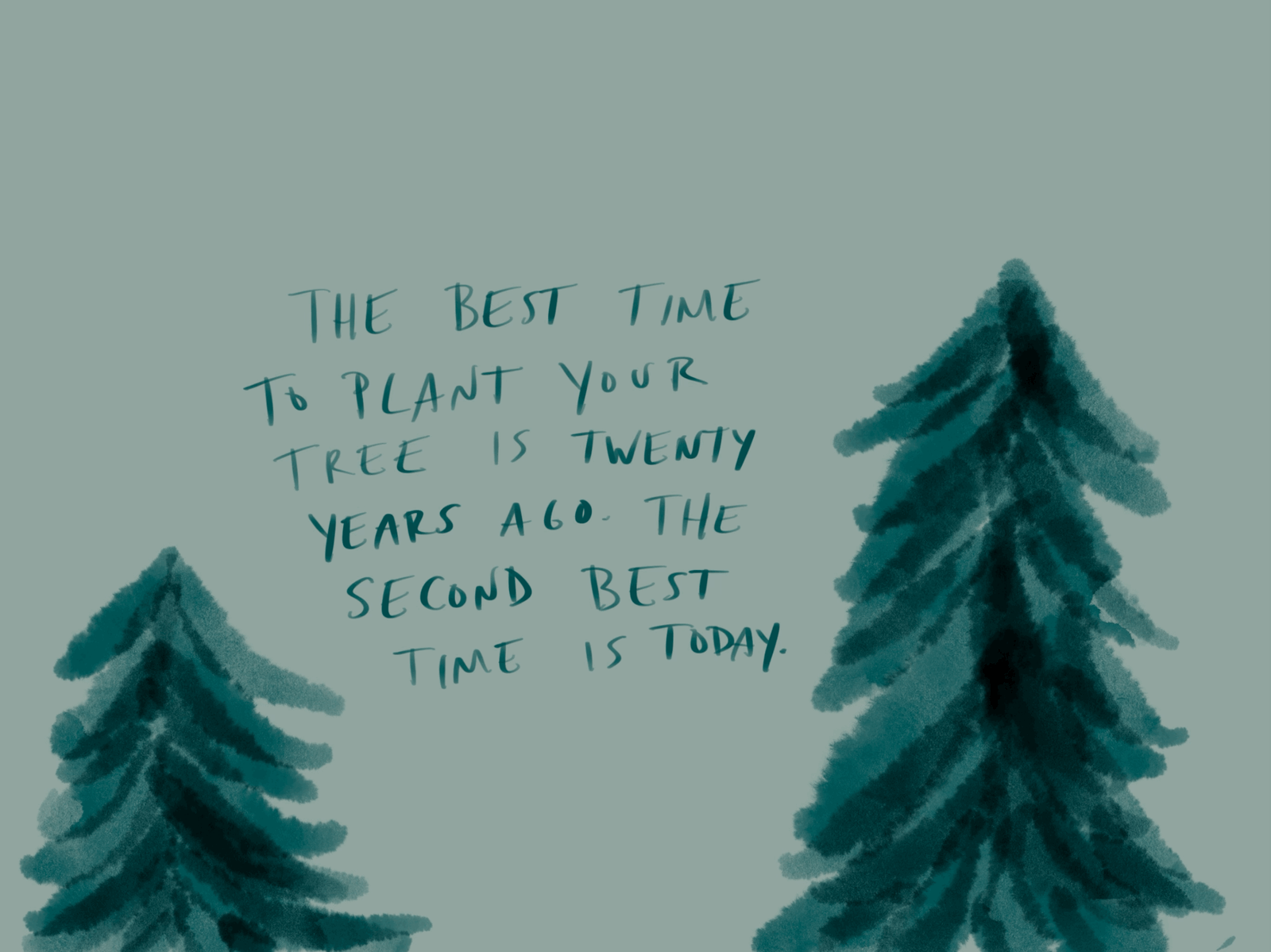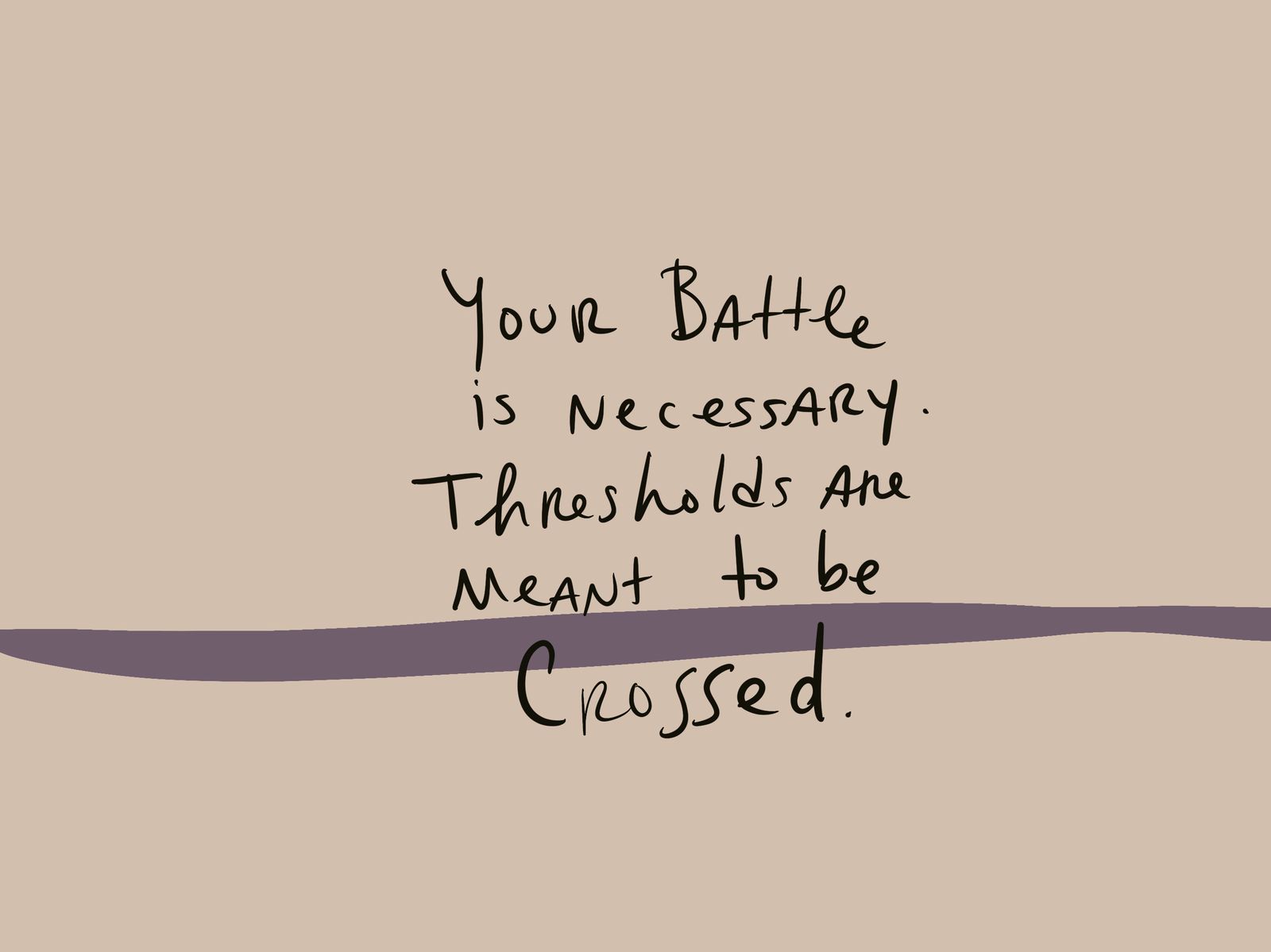The summer I was 17, I went on a short-term mission trip to Malawi, Africa. The Sunday before I left, a missionary spoke at our church, she was a small woman with thinning brown hair, but her brown eyes were quick and alive. At some point in their Sunday School class, my parents must have mentioned my trip. She pulled them aside after Sunday School in the hallway, right beside the highschoolers' room.
"Is she ready to see soul-crushing poverty? It's really bad over there, like really bad," she said with genuine concern.
"Ready or not, she's going," Dad said.
Malawi is poor. We saw it when we drove an hour and a half east from the capital city of Lilongwe to the town of Chipoka, which boarded Lake Malawi. We saw women, their legs wrapped tightly in colorful syrongs, baskets on their heads, small children on their backs, walking toward the town center, we saw mud huts with thatched roofs, men squatting to talk. There was also a faded billboard close to the road that went into town: "Welcome to the Warm Heart of Africa."
The first night there, there was singing and warmth and welcome from the Bible students on the base. The night sky was a blanket of stars with a purple-blue slash of the Milky Way running straight down the middle. We heard the waves of Lake Malawi lapping at the shore nearby, we heard the snorting-call of hippos. We built classrooms and shelters that summer, which are still in use.
To get everything we needed was a painstaking process, to make concrete, we had to load and sift the sand ourselves. We loaded rocks from the quarry ourselves, we straightened spent nails. As we tried to lay bricks to fix the broken floodwall, Hardwork, the literal translation of one of the Bible students' names from Chechwan into English, clucked at us–most of our work was shoddy, though whole-hearted.
One of our teammates, Jade, a farmgirl from Colorado, had a catchphrase: "happy hearts, guys, happy hearts."
She said it when we were working on rough jobs, when petty things teenagers scoffle over broke out in the team, when she came down with malaria, inspite of the meds, just whenever, perpetually, always.
Working with a happy heart is now one of our family rules.
When the kids start bawling over a new hard, concept they're grappling with in school and those alligator tears start falling, I quote our family rule. "Work with a happy heart."
They roll their eyes and then sniffle.
"This work is not happy," Connor said one time.
"The work isn't happy, but your heart can be. Circumstances won't always be ideal, the work in your life won't be easy. It won't be instantaneous. Any work that's worth doing is really hard. It will be difficult and feel impossible and people will tell you it will be bad, and it will be all those things at some point. The only power we have is how we approach the work, how choose to respond. We can delight in it. I can't make that choice for you, you're in charge of your feelings, not me. But I can tell you--how you approach it, your attitude, can make all the difference. Happy hearts make hard work easier."
He didn't say anything, he just held my gaze for a minute. Then he sniffled one last time, wiped off his face on his sleeve, straightened his back, and got to work. A few minutes later he was humming and almost done.
There's a lot from that summer that I cherish—found and claimed Caleb as my own, that's a big one—one of the real gems is the secret of working with a happy heart. Working with a happy heart doesn't erase the pain, poverty, the difficulty of the tasks at hand and the terrain around you. What it does is demands your presence and participation in your ongoing, unfolding story. It asks that you make room for the joy God gives in the now, not brooding over what will or won't be.
It's a spacious and wonder-filled way to live.





